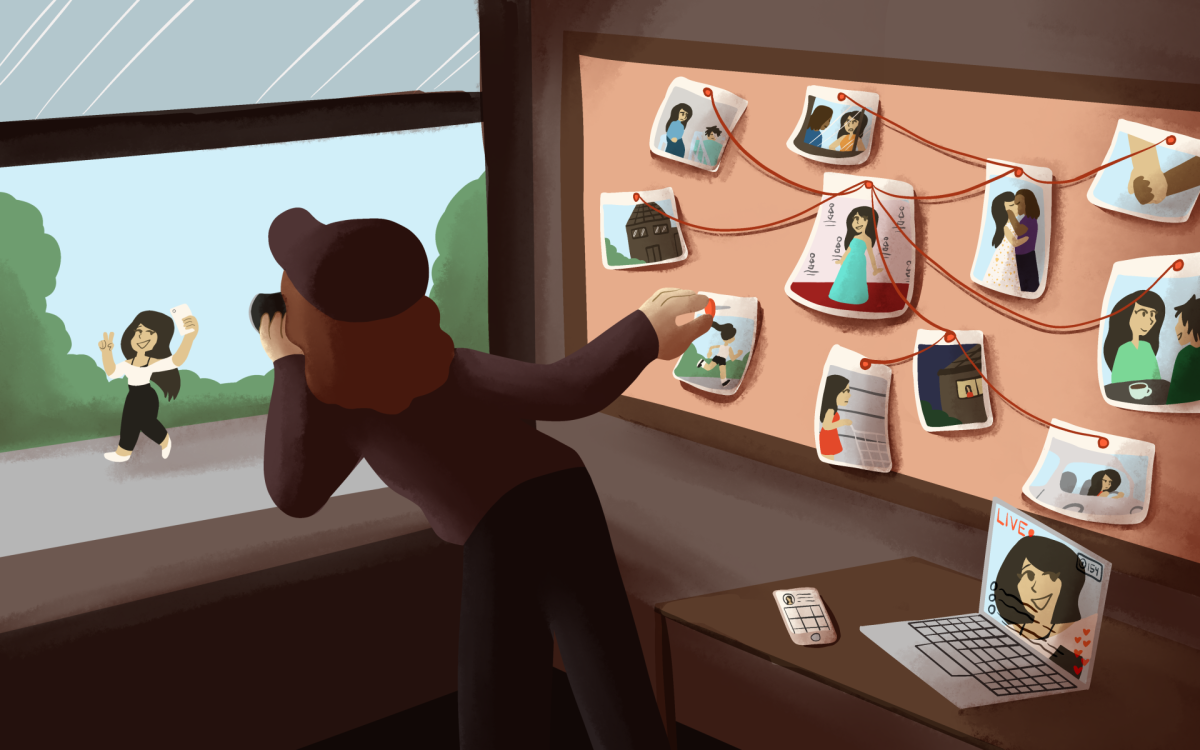Peace is always the goal in the minds of Israelis. This is the common denominator. One would be hard pressed to present an individual who is in favor of war and conflict. In this evolving world of social networking, the Middle East conflict has traversed into the digital frontier, with each side allegedly propagating misinformation clouding the common denominator. There has been a conscious effort by the Israeli side to commit to peace, even though there are efforts to disenfranchise this claim. The following will address merely two issues in this web of public sentiment that is just as scarce as the land each side claims to be theirs.
The type of rhetoric employed by each side is discredited by the other. There seem to be two sets of facts, and each set is in direct opposition to the other. It goes so far that the culture of “the facts” is yet another strategy by each side that has lost steam and influence because in the face of these facts the conflict rages on. Each side needs to find the weakness of the game itself, not of each respective argument. The only conclusion and goal must be peace, and whoever advocates for peace is, in effect, on the winning side. This is the structure of the argument at hand. Palestinians and Israelis need to make the goal peace.
The goal of the Palestinian side is a Palestinian state. Likewise the goal of the Israelis is also to have their own state. Palestinians need to realize that by ignoring the presupposition of Israel’s very real existence as a state they create a self-imposed barrier to their own goal of statehood. In order for a state to prosper it first must acknowledge the other sovereign states that directly border it. Canada could not prosper without acknowledging U.S. sovereignty and vice versa. It’s the same with England and France and Germany and France. Palestinians need to respect the right of Israel to exist not for Israel’s sake, but for Palestine’s sake.
Recently the National Students for Justice in Palestine organization ran something called “Israel Apartheid Week.” Now, granted this is not the catchiest of names, it is a wholly inaccurate phrase to describe the alleged phenomenon Israel is “imposing” on the Palestinian territories. Apartheid was the policy that segregated the black populations from the white populations in the united country of South Africa. One country, one policy.
SJP calls the Palestinian position apartheid, but these are two different countries – Palestine and Israel. It is apartheid in the same way that Canadians stay on their side of the border and Americans stay on their side. Americans do not impose this citizenship border on Canada. It is generally understood that if there are two different countries, then there are two different citizenships. It is not a forced ethnic and racial policy because there are white Israelis, black Israelis, Arab Israelis, Christian Israelis and so forth, none of which are complicit in a stated “apartheid policy.” This gives credence to the inaccuracy of an apartheid claim. The government does not actively segregate based on racial status.
Peace is and has been the goal of Israel, but SJP refuses to acknowledge this. In 2005, Israel launched a “unilateral disengagement” from Gaza. The Israeli government systematically expelled residents in 21 Israeli settlements from the Gaza strip. It was not the first time Israel reshaped its own borders for peace. They did this before with the withdrawal and return of the entire Sinai Peninsula to Egypt. It is a trend, a trend for peace. The withdrawal of Gaza gave considerable political power to Gaza and Egypt, which share a border. In normative political theory, if these sides were operating in a realist model, Israel made a serious concession that is relatively unheard of. It is akin to the United States returning the Louisiana Purchase and then the French returning Louisiana to the native population of the region. This, at the least, was an effort of goodwill with the ultimate goal of peace in mind. In the eyes of Palestinians it was a great staging area to launch projectiles into Israel. The sentiment of peace has an actualized, definable and realized landmass in that withdrawal.
The barriers to peace remain in the hands of Palestinians, who, in all honesty, would like to see the complete withdrawal of Israel from the entire region. Unfortunately, this will not happen, and as such a new goal should be endorsed, one which systematically prefers peace to the pipe dream of total Israeli expulsion from the entirety of the region. Peace is the answer, not the tools to create a barrier to it.







